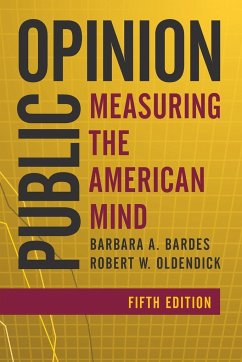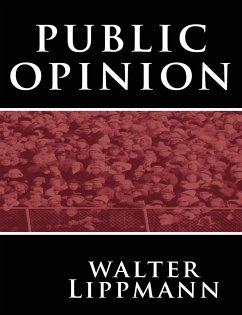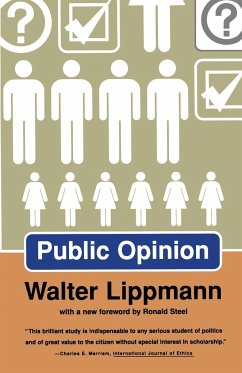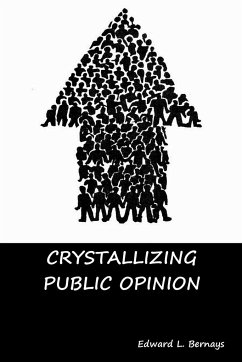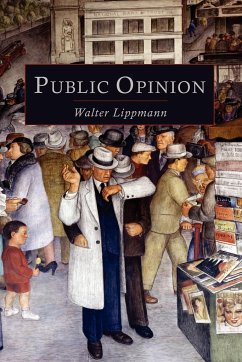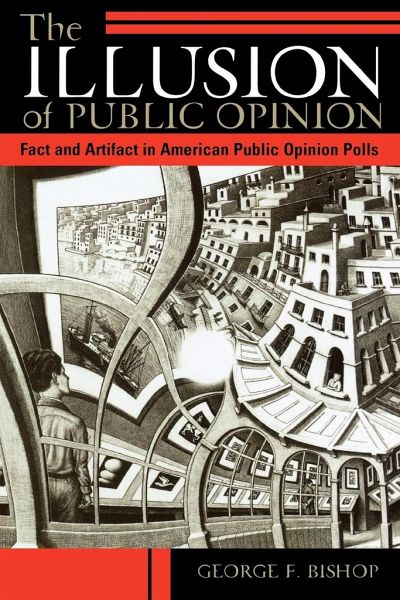
Illusion of Public Opinion
Fact and Artifact in American Public Opinion Polls
Versandkostenfrei!
Versandfertig in 1-2 Wochen
53,99 €
inkl. MwSt.

PAYBACK Punkte
27 °P sammeln!
In a rigorous critique of public opinion polling in the U.S., George F. Bishop makes the case that a lot of what passes as "public opinion" in mass media today is an illusion, an artifact of measurement created by vague or misleading survey questions presented to respondents who typically construct their opinions on the spot. Using evidence from a wide variety of data sources, Bishop shows that widespread public ignorance and poorly informed opinions are the norm rather than definitive public opinion on key political, social, and cultural issues of the day. The Illusion of Public Opinion prese...
In a rigorous critique of public opinion polling in the U.S., George F. Bishop makes the case that a lot of what passes as "public opinion" in mass media today is an illusion, an artifact of measurement created by vague or misleading survey questions presented to respondents who typically construct their opinions on the spot. Using evidence from a wide variety of data sources, Bishop shows that widespread public ignorance and poorly informed opinions are the norm rather than definitive public opinion on key political, social, and cultural issues of the day. The Illusion of Public Opinion presents a number of cautionary tales about how American public opinion has supposedly changed since 9/11, amplified by additional examples on other occasions drawn from the American National Election Studies. Bishop's analysis of the pitfalls of asking survey questions and interpreting poll results leads the reader to a more skeptical appreciation of the art and science of public opinion polling as it is practiced today.








